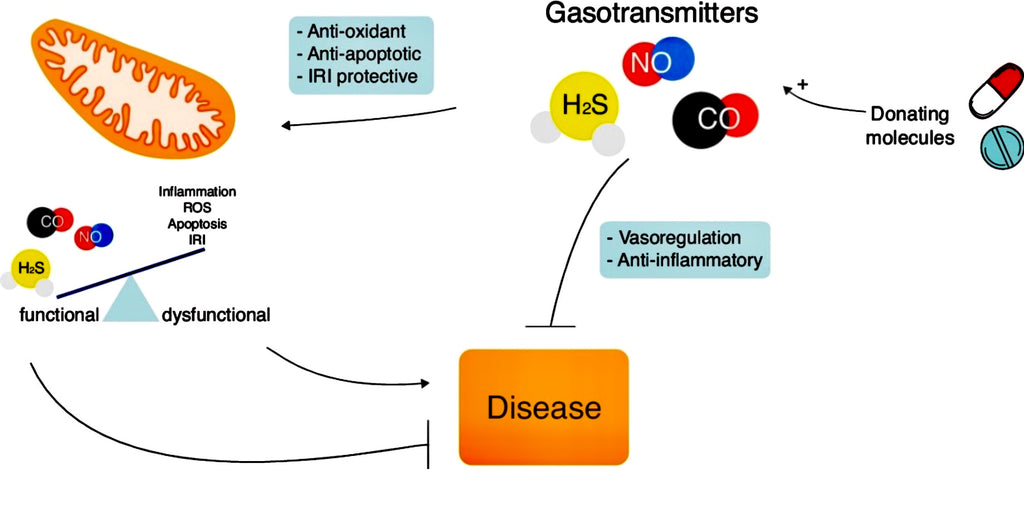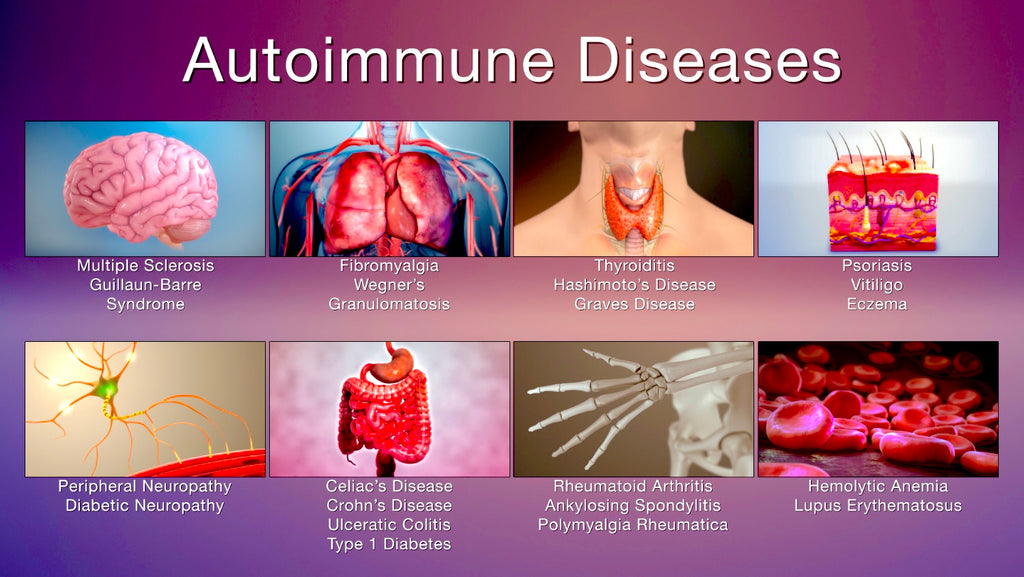Fibromyalgia/Chronic Fatigue Syndrome & EVOO - Blog #17

Hello Everyone and welcome to my Friday blog! This week I would like to look at a couple of problems affected greatly by stress (last week’s topic), Fibromyalgia and Chronic Fatigue Syndrome (there are some differences), and what we can do to combat these issues. Let’s delve in.
So, what is Fibromyalgia? The term literally means fibrous muscle and connective tissue pain. It is considered a stress-related disorder and characterized by widespread pain and a “heightened pain response to pressure.” Altered pain processing in the brain and spinal cord centrally amplifies and maintains musculoskeletal pain with this disorder. Other symptoms include fatigue, difficulty sleeping, tingling of the skin, weakness, muscle twitching and spasms, palpitations, nerve pain, functional bowel disturbances, headaches, brain fog, short and long-term memory deficits, severe itching, depression, impaired speed of performance and diminished attention span. Several hormones and neurotransmitters (such as serotonin) are low in individuals with FM. My FM patients certainly experienced most of these symptoms, but pain was the primary complaint. So, what causes Fibromyalgia?
Fibromyalgia is of unknown etiology. However, both environmental and genetic factors appear to contribute to this disorder. Stress is a huge factor and can have detrimental effects on multiple physiological functions. FM can present following a traumatic event such as a viral infection, car accident, athletic injury, surgery or birth of a baby. According to the CDC, FM affects approximately 4 million Americans >50% are women (some reports claim 90% are women). Diagnosis is based on ruling out other possibilities, length of symptoms (lasting 3 months) and total number of tender points out of 19. It is the go-to when no other health problem can explain the symptoms. FM has been associated with a host of other diseases including CFS (chronic fatigue syndrome), IBS (irritable bowel syndrome/disease) (70%), migraines, tension headaches, depression (90%), endometriosis, lupus, osteoarthritis, rheumatoid arthritis, restless leg syndrome, inflammatory arthritis, vascular and non-vascular dementia, Alzheimer’s and diabetes. “It is seen that patients with diabetes are more likely to be diagnosed with fibromyalgia.” These patients demonstrate poorer glucose control, increased pain scores and higher number of tender points, fatigue, sleep disturbances and headaches. In the muscle tissue, tension is increased and elasticity and arterial blood supply is decreased. Those with IBS had a high prevalence of small intestinal bacterial overgrowth. Now, we know our good bacteria live in our large intestine. They are not supposed to be in the small intestine. When given antibiotics to rid the small intestine of bacteria, 48% resolved their IBS issues.
Treatment for FM currently consists of anti-depressants Cymbalta, savella, elavil, lyrica and neurologically targeted drugs like gabapentin as well as physical therapy, massage therapy and psychiatric care. Use of opioids and NSAIDS are avoided, as these typically enhance pain sensitivity and are not effective. Sleep medications such as Ambien or benzodiazepine are also not recommended. These individuals have altered or lower levels of some neurotransmitters, such as serotonin and dopamine, affecting the ability to achieve quality rest as well as increasing depression and mood swings. Dopamine responses to acute pain are reduced with inactivation of D2 receptors, leading to hyperalgesia (abnormally high sensitivity to pain). Serotonin and noradrenalin are closely linked to circadian rhythms and are mediators of sleep. According to the CDC, 70 million Americans suffer from chronic sleep problems closely related to high blood pressure, cardiovascular problems, diabetes and obesity. When serotonin is deficient, major depression can occur. Serotonin is primarily produced in the gastrointestinal tract, but also in blood platelets and in the central nervous system. It is made from an essential amino acid tryptophan (nuts, cheese, red meat). Several foods seem to worsen symptoms of FM such as FODMAPs (fermentable oligosaccharide, disaccharide, monosaccharide and polyols), gluten, food additives/chemicals, MSG. Losing weight and addressing low magnesium levels are one way to manage FM.
Because FM and Chronic Fatigue Syndrome (CFS) are so closely related and difficult to diagnose, some feel CFS may be just one expression of FM, but there are some differences. CFS is also referred to as myalgic encephalomyelitis (ME/CFS) and is a chronic complex illness that affects about 1 million Americans with women 2-4 times as likely as men to experience it. Symptoms include feeling extremely exhausted for more than 24 hours after physical or mental exercise, difficulty concentrating, memory and attention deficits, unrefreshed after sleeping, dizziness or feeling faint, muscle pain/aches, joint pain/aches, headaches, tender lymph nodes and frequent sore throat. Most feel the onset is following a viral infection. Epstein-Barr virus has long been thought to initiate the onset of CFS following some outbreaks, but studies don’t back it up. In 2015, the Institute of Medicine proposed a new diagnostic term for ME/CFS called SEID (systemic exertion intolerance disease) in which the patient must have symptoms that meet a criteria. They estimate that 1-2.5 million Americans have CFS/SEID.
So, what can we do about these painful syndromes that leave many of us suffering and exhausted? There are several strategies that can be quite helpful. Decrease stress & inflammation, improve relaxation, digestion & sleep quality. You can accomplish this by making a few changes.
Stress: Decrease stress and improve relaxation by implementing the following: Deep Breathing. When you feel stress coming on (ex. driving) take a deep cleansing breath through the nose, slowly exhale through the mouth and allow your mind to calm and reset. Mind over Matter. Recall something funny or happy. Recall the funniest joke you ever heard, or the funniest video you’ve ever seen. This helps shut down the cascade of havoc cortisol is creating and stimulates release of dopamine. Exercise. Take a walk, jog, yoga or meditate. It is one of the best ways your body can combat stress. Aerobic exercise has been found to be best for people with FM. Do a good deed. Doing something unexpected for someone else can really give you a mental and emotional boost. It’s like taking a happy pill. Take someone in need a bag of groceries, volunteer at a homeless shelter, take an elderly person a roll of toilet paper. LOL. Laugh. Call a friend or watch something funny on TV. Play with your kids or dog. Mindfulness-based stress reduction. Take a break from the news. Allow yourself down-time to read a book instead, garden, Listen to relaxing music. Get a massage. Getting a massage can reduce cortisol by 30%. Find peace. Forgive others. Forgive yourself. You can’t change the past, only what you do right now.
Inflammation: Your friend Oleocanthal to the rescue! It is a more powerful anti-inflammatory than ibuprofen at the same concentrations. Take a nice 2-4 tablespoons shot of high polyphenol EVOO every morning for some profound pain relief. Drink water. Water helps to flush impurities from our body. Your body needs at least 50% of your body weight in oz per day. If you take medication, you need an additional 8+ oz. VERY IMPORTANT!!!
Sleep Quality: There are many things you can do to enhance sleep. Sleep In the dark!. Take a hot bath or have a soothing herbal tea about an hour before you want to be asleep. Avoid alcohol and sleep aids. Turn off the lights!. Exposure to light inhibits melatonin secretion from the pineal gland, preventing stage 4 deep sleep. A healthy pineal gland has long been associated with longevity. This can affect hormone and cortisol levels as well as brain health. **Melatonin is made from Serotonin**
Digestion: High polyphenol EVOO is one of the most important things to include in your diet to start to heal your digestive tract. Another is taking a good pre/probiotic to replenish the good bacteria. Drink water. Yes, I know I already said it. Drink MORE! It makes it easy on the colon and easy to poop! LOL! Avoid sugar and processed foods! They reek havoc on your digestive system, strain your pancreas and increase metabolic stress on the body.
I wish you all a great week! Until next time my friends, drink, drizzle digest high polyphenol EVOO, eat fatty fish, drink lots...no, MORE water, get plenty of quality sleep, aid your digestion with a good pre/probiotic, exercise your body and mind! #EVOO






